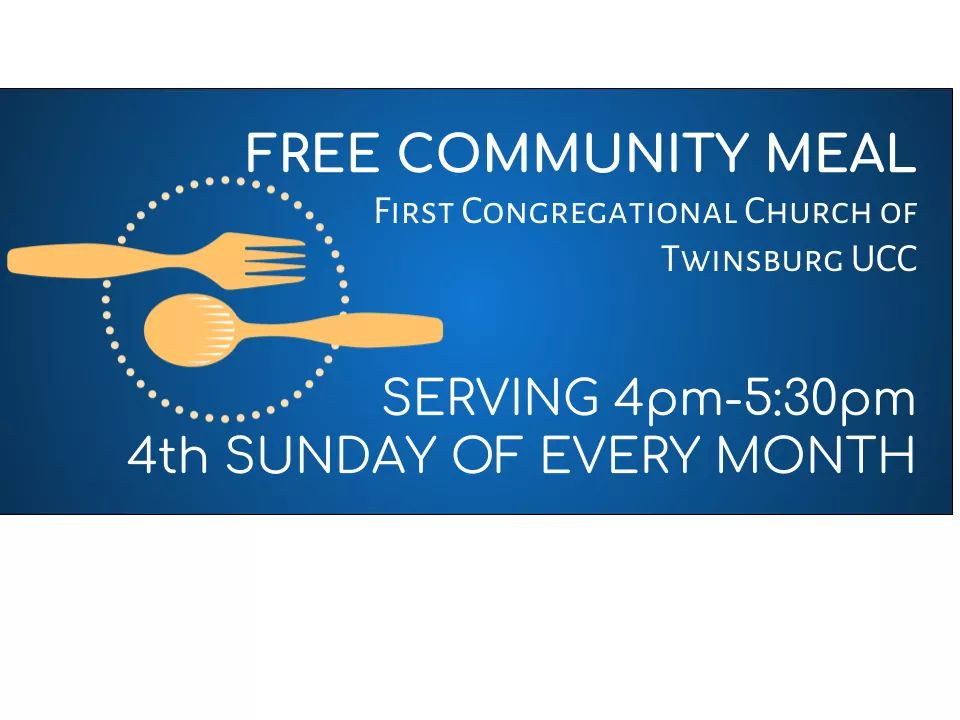Genesis 32
Genesis 32 is one of those chapters that I would enjoy having a four-week long discussion group take up. This is a very revealing passage on how each of us can struggle in our spiritual life. The story of Jacob includes miracles and visions. He saw the stairway between heaven and earth, he saw the manifest blessing of God as his herds increase and how his family has grown, and God has made specific promises to Jacob and told him to go home. Now as Jacob approaches home, he feels threatened by his brother and is expecting the worst outcome, his and his family’s death.
Jacob’s prayer in 32:9-12 is an oft repeated prayer from the mouths of believers. Psalm 44 is one such lament where the psalmist says, “Yet you have rejected us and shamed us (v. 9).” When we face the troubles of today, the blessings of the past seem so insignificant.
My sermon this week, that I’ve subtitled “Down and Dirty with God,” is on 32:22-32. Jacob wrestles with a divine being while he is alone at night anxious about his family’s safety and even his own life. This is a physical picture of his struggles in his prayer. Jacob is changed. Physically he will walk with a limp for the rest of his life, and spiritually he has a new name. His new name acknowledges his struggle with God, and that name challenges each one of us to struggle with God even in the most desperate times.
Having a relationship with God is not always blessings and rejoicing. It almost as often includes struggle, fear, and uncertainty. Job looks at the full terror of dealing with God when he says, “Though He slay me, yet will I trust Him. (Job 35:15)”
Be with us this Sunday as we consider our own wrestling with God at midnight.
Pastor Greg




